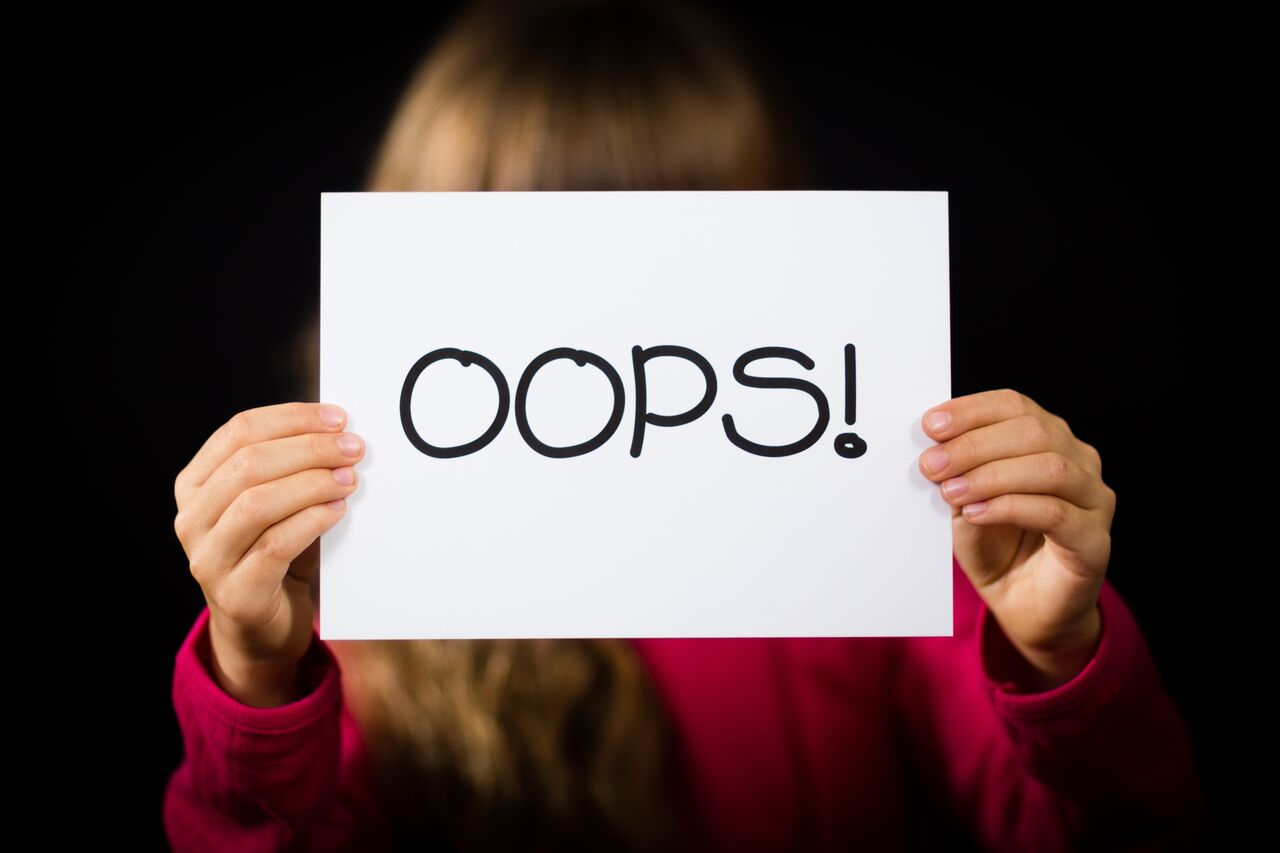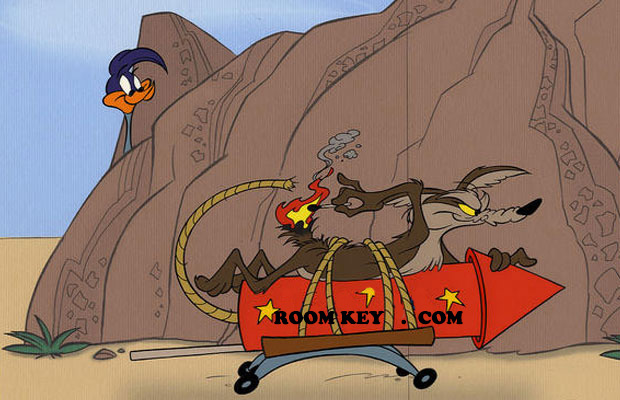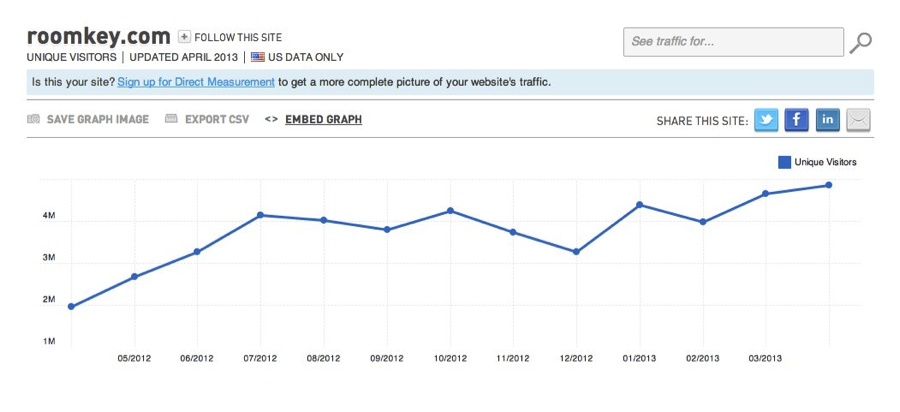Expedia, Travelocity and Orbitz walk into a bar.
“We do not serve second and third rate Online Travel Agents here,” says the bartender.
“Well, they are now with me,” answers Expedia, “and the drinks are on me!”
The room erupts with joy. Drinks are flowing.
When Expedia bought out Orbitz within a few weeks of gobbling up Travelocity, it was great news for a lot of stakeholders. But it’s probably not so great for the hotel industry, which relies heavily on online travel agents (OTA’s) for their revenue and profits. Read on before you raise your glass.
First, A Trip Down Memory Lane
One of Expedia’s greatest assets was its first batch of market managers and directors. While Travelocity, Priceline (before booking.com) and Orbitz fumbled, Expedia built strong relationships with hotels and hotel personnel. Aggressive but likable market managers went out in person and made one exclusive deal at a time, pushing its competitors onto the sidelines.
Fast forward to 2015: Expedia acquires the remaining (and still flailing) OTA’s. Meanwhile, Priceline acquires Booking.com, a miracle move that puts Priceline in its own league of awesomeness. It’s shaping up to be a showdown of epic proportions.
Why This Is Bad News for Hotels and Travelers
Travelers, hotel brands and hotel operators all have good reason to fear this sort of consolidation in the OTA market. Let me explain why.
Higher Costs for Hotels
Orbitz and Travelocity lost out to leaders Expedia and Priceline a while back. Still, they had their market share and their contracts in place with hotel suppliers. With this latest consolidation, the option of selling your rooms on a different channel is gone. Your new “Expe-Orbit-Ocity” contract now will contain much higher margins for hotels because there’s nowhere else for hotels to go.
Now, why do hotel brands and operators need Expedia? I’ll say it one more time. Because they do not dominate the search engines, nor do they have a particularly good grasp on their own marketing, direct revenue and ecommerce. Just remember… if you don’t like Expedia, now you can also forget about Travelocity, Orbitz, Wotif and Trivago (all now owned by Expedia).
Airlines, on the other hand, do not have much to fear; they just walk out on the OTA’s like clockwork every year and then get back on board when the margins are corrected.
Industrial Style Customer Service
Supersizing things is generally not a healthy choice. This is especially true when it comes to larger enterprises and customer support. Try calling the ultra-consolidated United Airlines, American Airlines, Comcast, Vonage, UPS, or Network Solutions when you need assistance (as I’m sure you all have). All of these companies have grown through acquisitions, and every step has been a nightmare for their customers. This is yet another reason why Expedia’s shopping spree does not translate into anything good for the hotels that will now have to deal with a behemoth team.
Higher Prices for Travelers
Let’s not forget about the travelers. We all learned in Econ 101 that less competition breeds higher prices. Anyone checking the airfares since the Continental-United and American–US Airways mergers knows what I am talking about.
So what happens the next time you need a hotel room? Sure, go to Booking.com ( rooms only) or Priceline ( Room + Air) and check the rates or go to Expe-Orbit-Ocity that’s the choice. Even with the astronomical growth of Airbnb, you still might require an airplane to get to your destination. You see? Owning the travel cycle is the name of the game.
Of course, several industry experts are not convinced about price increases for the end customer because travel is such a big market. It may take a longer time for these acquisitions to impact hotels than airlines, but the rise is coming.
“Coke vs Pepsi” for the Hotel Industry
First things first: Priceline’s acquisition of Booking.com under the leadership of Jeffrey Boyd still stands as the greatest acquisition of all time. It should be required reading for all business and hotel schools worldwide. Taking Priceline from a loss of $19 million in 2002 to a profit of $1.1 billion in 2011 is legendary.
Expedia’s acquisition strategy clearly reflects its need to stake out a strong market position in relation to a formidable adversary that started in Europe and is now giving them a run for their money in the US and Asia. It’s disappointing to see Expedia mismanaging its Air Asia partnership in the Asia Pacific market. Having people in the US and Europe manage Asia Pacific is a pitfall that a lot of US-based companies fall into. (APac expansion by a non-Asian company or hotel group is something that deserves its own article.)
A common theme for the two remaining OTA’s is their astronomical spending on online marketing. All this while, hotels (independent and brands) continue to bring a knife to an thermonuclear war. Even if you don’t want to admit it, you know that signing up for a $99- $599/month agency solution is not going to help you reach your full online revenue potential. Neither is hiring an agency with hundreds or thousands of clients.
According to CNBC, Expedia’s marketing costs (direct selling, Google Adwords, display, etc) jumped 32% in 2014 to $2.26 billion. Priceline hasn’t filed its 2014 annual report yet, but in 2013 the company spent $1.8 billion on Internet marketing. This was a 41% increase from the prior year! Mark Mahaney, an analyst at RBC Capital Markets, estimates 90% of that went to Google. (To put that in perspective, I have worked with major hotel portfolios who balk at a yearly increase of $250/month in AdWords budget.)
For now, Expedia is like the Pepsi to Priceline’s Coke. It’s putting all its US-based failed adversaries out of their misery and playing desperate catch-up to mighty Priceline. As these giants fight it out, brand and independent hotels are just waiting to see what happens. They never took charge of building their own direct revenue and distribution, so they are at the mercy of whoever wins. Their marketing departments have fiddled with buzzwords like “millennial traveler,” shared “social media success” articles circulated by the hotel news media, and cycled through one internet agency after another in a race to pay less and less. As those activities have not done much to build their market share or revenue, hotels now have very limited choices.
So, would you like Coke or Pepsi to be your distributor? And, as in restaurants across the US, the answer is going to be “NO, we don’t serve both.”
Conclusion
In December of 2003, I visited the Dallas HQ of Hotels.com. The market management team had a funny cartoon pinned on their desks of a menacing looking Hotels.com valet using the Expedia.com suitcase to whack the Travelocity Gnome (which was lying sideways on the floor). I look back and realize I was getting a glimpse into the future.
I’ve been saying this for a while, but here I go one more time. It’s going to keep getting harder for hotels to make a profit unless they take control of their online distribution and dive into some real innovation. Instead of trend spotting, agency hiring and firing, and other hi-jinx the focus needs to be on owning and building your own digital assets and direct revenue.




